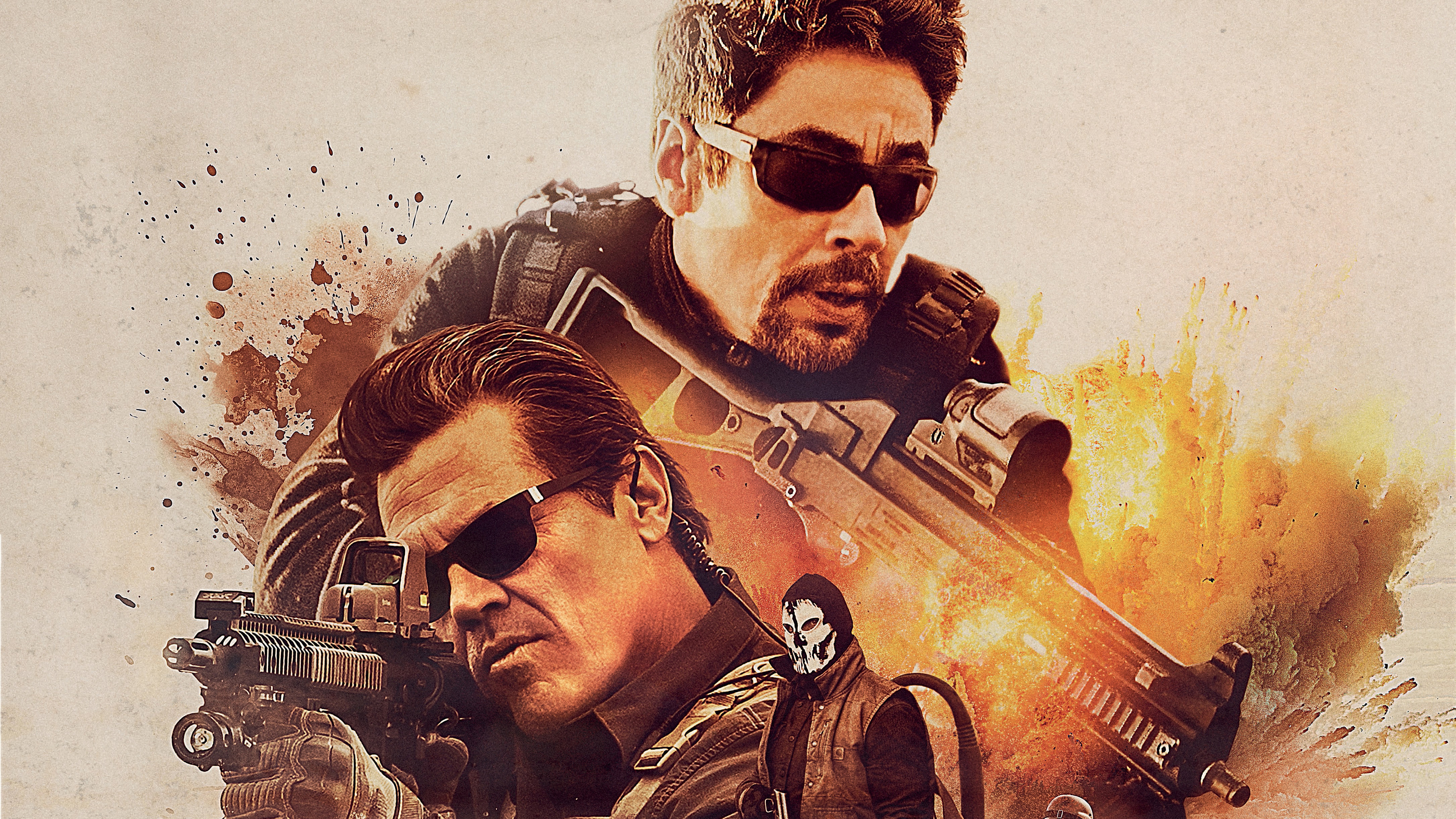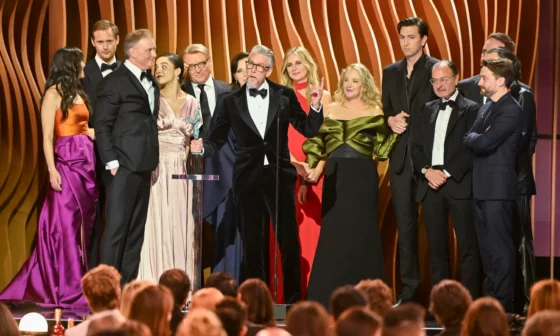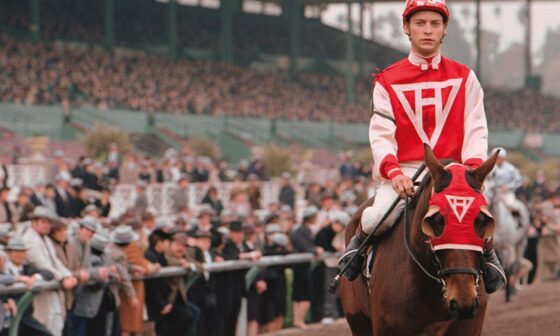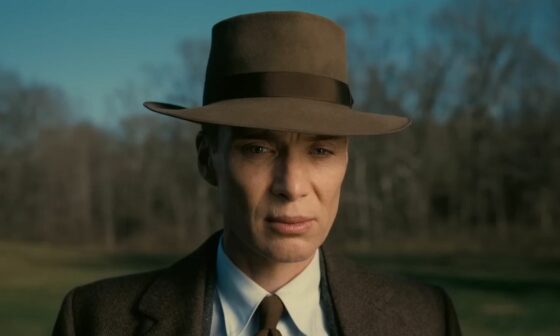
When a sequel to 2015’s Sicario was initially announced, there were more than a few people with a confused reaction, especially when director Denis Villeneuve was later revealed to be no longer involved, nor Emily Blunt.
In a contemporary Hollywood full of sequels it wasn’t particularly surprising, but a studio hitching their wagon to a follow-up of a grisly film about the war on drugs didn’t fall in line with the slew of superhero sequels surrounding it.
It was rumoured that Columbia Pictures commissioned the sequel because they liked the appeal of Benicio Del Toro‘s hitman, Alejandro. This worried fans that the sequel may devolve into some sort of action-fest, and lose what made Sicario so compelling. While Soldado is indeed nowhere near the film its predecessor is, it’s also not the action cop-out fans were weary of.
Instead, it’s less of a sequel, and more of a loose follow-up to the original film that is really just another story within the same universe. Does that make Soldado worthwhile? Maybe not, as it certainly has plenty of flaws, but at least it makes the films existence a little more appealing than it initially felt at the time of its announcement.
Soldado is basically fine on its own, but compared to the first film, it is a poor imitator. It has also thoroughly devolved from what made Sicario so fascinating.
Without Blunt’s naive audience surrogate – who allowed the first film to gradually unfurl its webs of deceit, darkness and tactics beyond the realm of legality – Soldado doubles down on its nihilism and instead of an interesting look at the war on drugs, or the US/Mexico border issues, or the inherent savageness of the US war machine, everything sort of becomes ‘Chaos Rules: The Movie’.
The story being told is engaging enough, but Soldado doesn’t really have anything to say outside of your basic government/military movie: things are bad when entities such as the US Department of Defense are allowed to exist above the law, and are sent to other countries to start wars. Also, drug cartels aren’t particularly great. Kids being brought up in these environments isn’t good, etc.
It’s got a grisly streak equal to the first film, but without any of the substance. What’s also worrying is that the film gradually goes on to depict characters like Josh Brolin’s CIA Agent Graver as somewhat of a protagonist. Where he was a sign of the inherent problems of the system in the first film, here he’s more of an anti-hero.
The film begins with a rote terrorist attack that seemingly tries to justify the lawlessness we see later on, and at times there’s an insidious feeling that we’re supposed to be rooting for these figures from the US government who are clearly on the same lawless rung as the Mexican drug cartels.
This may not be writer Taylor Sheridan’s intention – in fact, I doubt it considering he penned Sicario and also other films that rebuke many American practices – but, without Blunt’s character here to act as the audience viewpoint, we’re left to attach ourselves to these characters who before we could view from a detached lens. Suddenly we’re supposed to be, at least somewhat, on their side.
With Alejandro, this works slightly better as he has a redemption arc to get behind that is separate from the politics of the film, but much of the film focuses on Graver and his crew, and it’s hard to shake the feeling that Soldado exists in a confused state where it’s not quite sure what it’s saying, and not at all sure on what to do about its lead characters.
However, despite these issues, the film remains relatively engaging. A lot of the brooding gloom that defined the first film remains, and director Stefano Sollima (Gomorrah) turns out to be an excellent replacement for the departed Villeneuve.
He’s a better fit for the war-like atmosphere and barren landscapes, and it’s his directing that tries to push the film towards just being a detached look at US foreign policy, as he shoots things like the unnerving black helicopters flying across the desert with an ominous doom that doesn’t imply any sort of grand awe or heroism, but he’s still slightly at odds with a confused script.
It’s apt, because Soldado is a confused film, one you can feel scrambling for ideas to latch onto to create a film that nobody really needed. It succeeds in parts because of its director, its composer Hildur Guðnadóttir, who crafts a great score, as well as some strong acting performances, plus also the fact that it at least can springboard from an excellent original film.
However it’s like all its ideas are sitting together in a creaking bathtub, full to the brim, moments away from cracking and letting everything spill out. We don’t quite see that fallout, as it just about holds it all together here. But perhaps we will in the inevitable third film, which the ending implies will move even further away from what made Sicario so good, and into the kind of sequel the studio wanted all along.
Sicario 2: Soldado is in cinemas now.
#Peace.Love.Soldado








